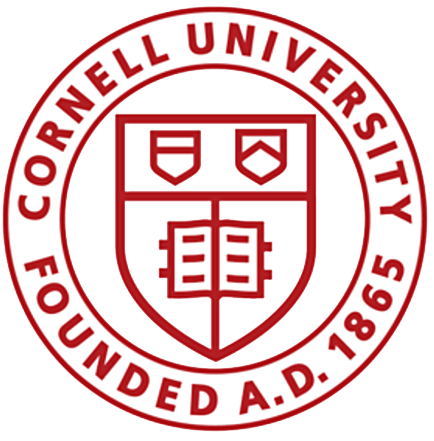CROPPS prioritizes communication with stakeholders and the public at large. Our pursuit of transformational technologies and discoveries for communication with plants is closely tied to the needs of a wide range of communities and groups. Through knowledge transfer, we seek to educate and enrich these sectors.
Our goals for this include the following:
In pursuing these goals, we prioritize a wide range of opportunities for interaction with diverse groups, including:
We aim to make all of these interactions beneficial to the education and research missions of CROPPS and to the priorities of our outside partners. These initiatives will be overseen by Associate Directors Weatherspoon and Lewenstein.
A measure of CROPPS’ success lies in the partnerships and collaborations we build. We will work to sponsor discussions, hold meetings, and establish agreements on intellectual property, when necessary, with our home institutions and the following partners:




